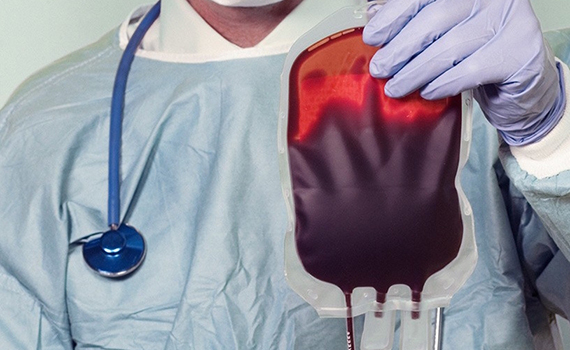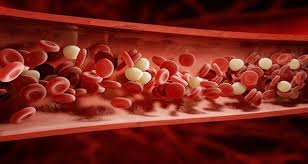What is Artificial Blood and what are Advantages of Artificial Blood?

Artificial Blood Market Artificial blood is a cutting-edge transfusion medicine idea in which specially made chemicals replace allogenic human blood transfusion by transporting and delivering oxygen throughout the body. Several compounds have been created in recent decades to fulfil this goal, and ongoing improvements are being made in the search for the perfect blood substitute. Artificial blood is now made using haemoglobin derived from old human/bovine blood (Haemoglobin Based Oxygen Carriers) or perfluorocarbons. These synthetic blood substitutes offer the advantages of not requiring compatibility testing, being free of blood-borne pathogens, having a long shelf life, and not requiring refrigeration. Artificial blood is expected to have a major impact on medical care development in the future. It has the potential to supplement current blood products for transfusion while also ensuring a steady supply of safe and effective goods. It is projected to dramatically reduce the n...

